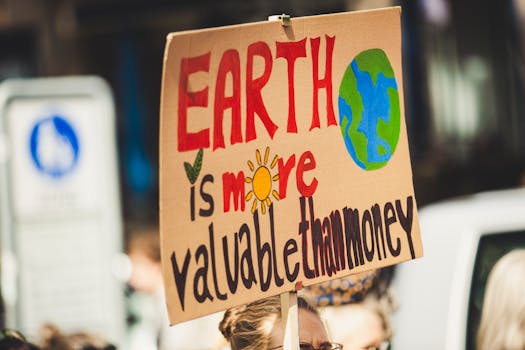
Understanding Climate Change

Climate change refers to significant alterations in global temperatures and weather patterns over time. While climate change is a natural phenomenon, human activities have accelerated this process, leading to detrimental impacts on various ecosystems.
Effects on Biodiversity

One of the most alarming impacts of climate change is the loss of biodiversity. Many species are unable to adapt quickly enough to the changing climate, leading to increased extinction rates. For instance, polar bears are struggling as their sea ice habitat diminishes, while coral reefs face bleaching due to rising ocean temperatures.
Impact on Marine Ecosystems

Marine ecosystems are particularly vulnerable to climate change. Ocean acidification, resulting from increased CO2 levels, threatens shellfish and coral reefs. Moreover, rising sea temperatures disrupt fish migration patterns, affecting global fisheries and the communities that rely on them.
Terrestrial Ecosystems and Climate Change

Forests, grasslands, and wetlands are also at risk. Changes in precipitation patterns lead to droughts in some areas and flooding in others, significantly altering the habitats of countless terrestrial species. The Amazon rainforest, often referred to as the planet’s lungs, is facing deforestation and increased vulnerability to wildfires due to climate change.
Conclusion

The impact of climate change on global ecosystems is profound and far-reaching. As species struggle to adapt and habitats are altered, the urgency for sustainable practices and policies has never been greater. Protecting our ecosystems is crucial not only for the environment but also for human well-being.



